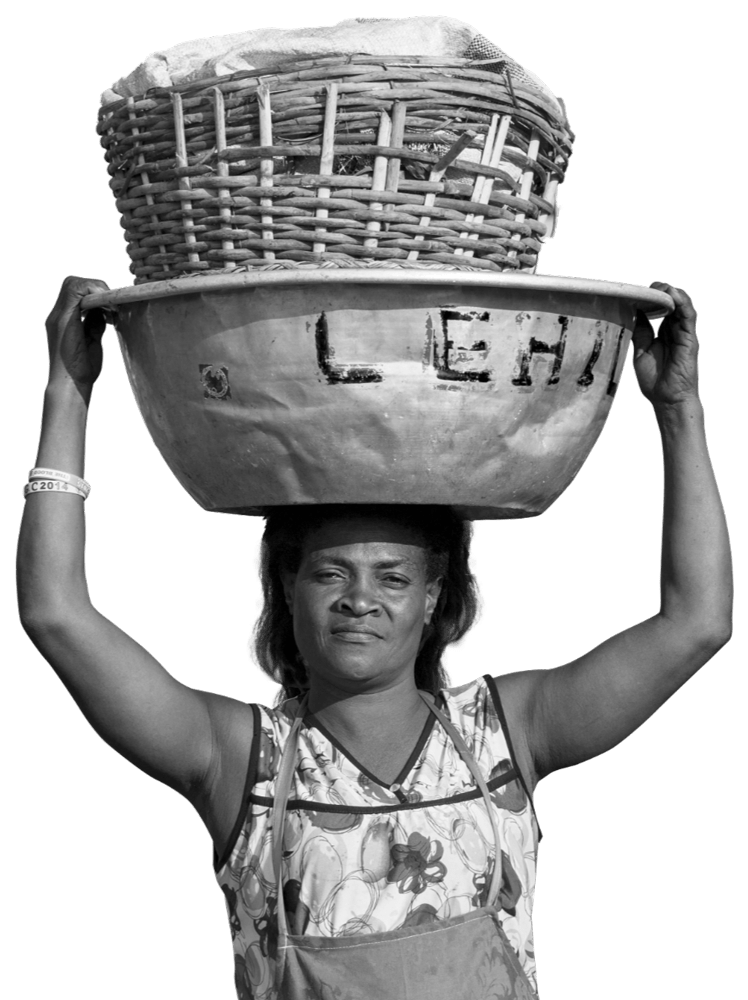Subscribe to our E-Letter!
Subscribe to our e-mail and stay up-to-date with news and resources from street vendors around the world.
Home | Supermarket Watch
Supermarket watch is a quarterly bulletin for social movements about developments in food retail and distribution in the world produced by FIAN International, GRAIN and StreetNet International.
The UN report on the state of food security and nutrition says that over 700 million people went hunger in 2024. That’s one out of every eleven people on the planet. The UN says billions more were unable to access adequate food, and the number has not gone down since the Covid pandemic. All indications show that this is a problem of food prices and access, and not a food shortage at the global level.
At the same time, large farmers’ protests broke out in at least 65 countries in 2024. Farmers across the world were suffering from high costs of production and low prices for their produce.
Both food producers and consumers are suffering in a context of record-high global food prices. But, for the corporations that control the distribution of food from farmers to consumers, this has been a time of windfall profits. A combination of monopoly power and unregulated activity in financial markets allows agricultural commodity traders, big agribusinesses, food companies and supermarket chains to make huge profits when food prices spike.
Food sovereignty is clearly not only about food production– about who produces food and how food is produced. It requires access to affordable, nutritious and culturally appropriate food, and so, we cannot talk about food sovereignty without talking about food distribution– about who distributes food and how is it distributed.
The big culprit when it comes to today’s high food prices for consumers and low prices for farmers is corporate power. Urgent actions are needed to dismantle corporate power and shift to more localised food systems, based on diversified food production, catered to people’s food needs. And this requires building and strengthening connections between small food producers and street and market vendors.
As mentioned in the last edition, we are broadening the geographic scope of this quarterly bulletin, and opening it up to a three-way collaboration between GRAIN, FIAN and StreetNet International. FIAN International has been working for almost four decades alongside grassroots communities and movements, supporting their struggles against violations of the right to adequate food and nutrition across the globe and advocating for policies that promote fair, healthy and sustainable practices and conditions for everyone involved in the food system. StreetNet is a global alliance of street and market vendors and hawkers. It is composed of trade unions, associations and cooperatives.
As a global alliance of low-income informal economy workers with more than 900,000 street and market vendors and hawkers worldwide, StreetNet knows how important it is to have access to affordable food. In most of the world, street and market vendors are the ones supplying communities with nutritious local vegetables and fruits as well as cooked meals at low prices and liaising with small farmers to distribute their produce.
For hundreds if not thousands of years, street and market vendors have been part of the urban landscape as essential workers and integral parts of city life, as well as connecting rural and urban communities.
However, their key role in food distribution is often overlooked and they are increasingly expelled by governments and developers who see them as nuisances and threats to public order and safety. Traditional and farmers’ markets are often bulldozed to build franchise supermarkets instead.
These exclusionary practices not only threaten the livelihoods of street and market vendors, who sustain entire families with their work, but also result in a lack of access to affordable quality food for communities. Furthermore, street and market trading are generally greater sources of employment for women than for men. From selling fruits and vegetables to selling prepared meals, these women provide a source of income to their households. The struggle for decent working conditions for street and market vendors cannot, therefore, be dissociated from the worldwide movement for food sovereignty. This is part of the actions needed to reign in the power of those actors who are amplifying food price volatility and of actions to increase and build public controls over food prices and programmes that ensure a fair, equitable and secure distribution of nutritious foods to everyone.



By entering your personal data and clicking “Suscribe,” you agree that this form will be processed in accordance with our privacy policy. If you checked one of the boxes above, you also agree to receive updates from the StreetNet International about our work